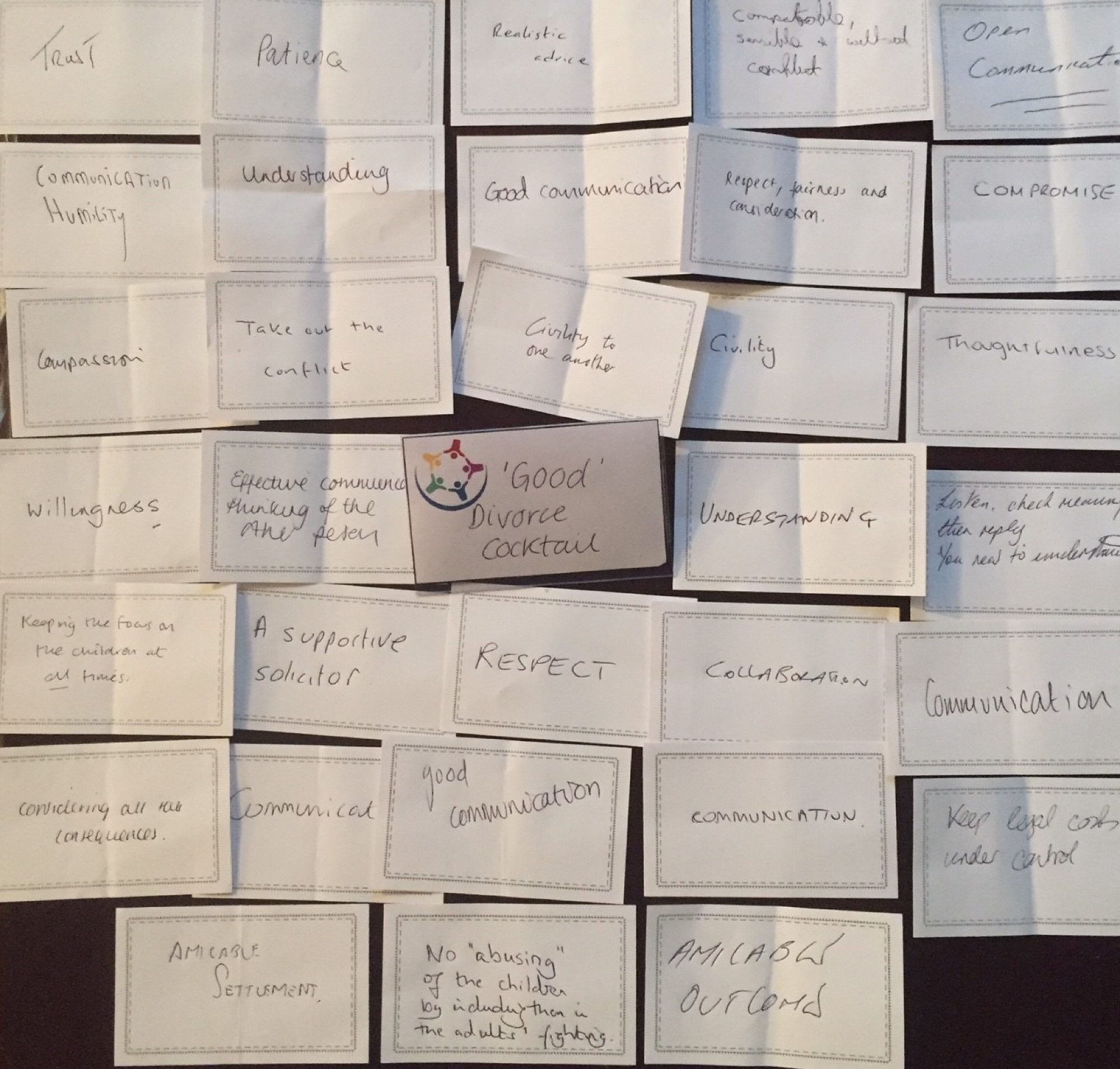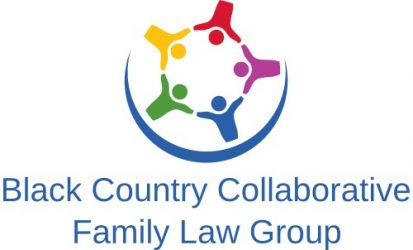Many people find that the collaborative approach to divorce is a much healthier way of moving forward after a marriage breakdown than the adversarial, and often divisive, process of going to court. However, there are still difficult decisions to make and a forensic accountant can provide some of the help you both need to reach find a workable solution.
Your collaborative lawyer may recommend that you involve a forensic accountant. There is no prescribed ‘role’ for a forensic accountant in the collaborative process – our input is entirely tailored to your needs.
The first role is often as fact-finder, collating the appropriate financial information and explanations relating to business assets. Both parties to the collaborative process sign up to full financial transparency, but the forensic accountant brings the skills and knowledge needed to scrutinise the data so it can be relied upon and used to generate creative solutions.
The second possible role of the forensic accountant is valuer. We are often asked to value businesses or shareholdings, comment on the ‘liquidity’ in the business (i.e. what could be extracted to fund a settlement without harming the business) and the likely income that could be achieved from the business going forward. This can be reported to you formally in a report, or informally in a round-table meeting.
The third role can be as educator. If one party runs a company, the other often feels ‘in the dark’ about the business and its value. By bringing that spouse up-to-speed on financial issues, it helps them to feel comfortable to reach decisions so the process can move forward. This can be achieved in a one-to-one meeting with the non-business-owning spouse to talk through the latest accounts and explain what they indicate in terms of liquidity and income. This is a good chance for them to ask questions in a safe environment.
The fourth role of the forensic accountant can be as an impartial facilitator. Once the value of the assets is established and the parties have some goals in mind, we can work together with your lawyers to identify appropriate options (e.g. share transfers, property divisions etc.), discuss and analyse the likely tax consequences. A forensic accountant can act as the reality-check when brainstorming solutions. This is also an opportunity for you both to raise questions and concerns. Together with your lawyers we can help you find a resolution that best fits your family’s needs.

